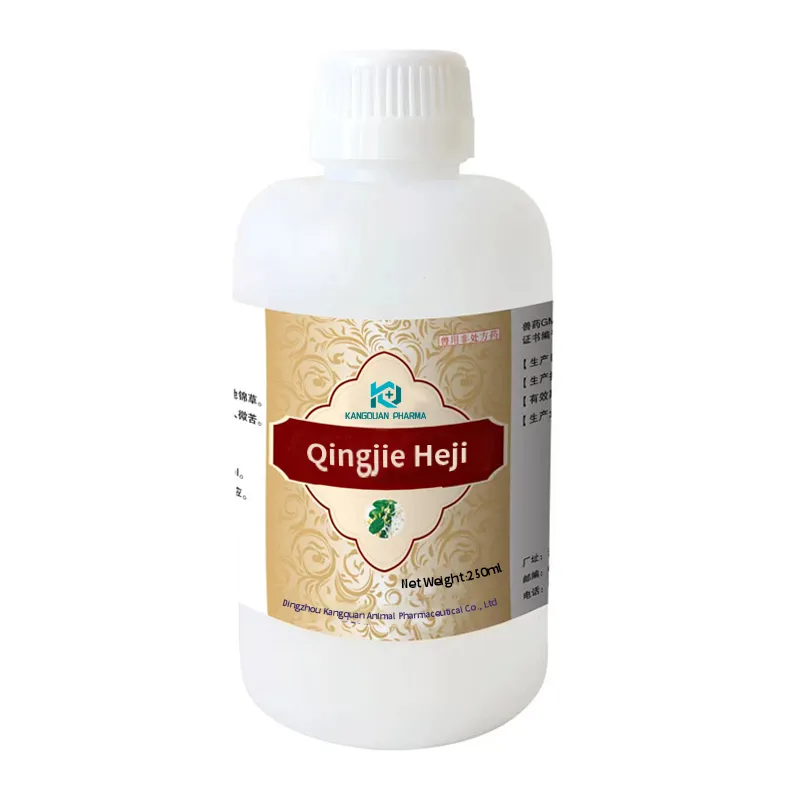- Afrikaans
- Albanian
- Amharic
- Arabic
- Armenian
- Azerbaijani
- Basque
- Belarusian
- Bengali
- Bosnian
- Bulgarian
- Catalan
- Cebuano
- Corsican
- Croatian
- Czech
- Danish
- Dutch
- English
- Esperanto
- Estonian
- Finnish
- French
- Frisian
- Galician
- Georgian
- German
- Greek
- Gujarati
- Haitian Creole
- hausa
- hawaiian
- Hebrew
- Hindi
- Miao
- Hungarian
- Icelandic
- igbo
- Indonesian
- irish
- Italian
- Japanese
- Javanese
- Kannada
- kazakh
- Khmer
- Rwandese
- Korean
- Kurdish
- Kyrgyz
- Lao
- Latin
- Latvian
- Lithuanian
- Luxembourgish
- Macedonian
- Malgashi
- Malay
- Malayalam
- Maltese
- Maori
- Marathi
- Mongolian
- Myanmar
- Nepali
- Norwegian
- Norwegian
- Occitan
- Pashto
- Persian
- Polish
- Portuguese
- Punjabi
- Romanian
- Russian
- Samoan
- Scottish Gaelic
- Serbian
- Sesotho
- Shona
- Sindhi
- Sinhala
- Slovak
- Slovenian
- Somali
- Spanish
- Sundanese
- Swahili
- Swedish
- Tagalog
- Tajik
- Tamil
- Tatar
- Telugu
- Thai
- Turkish
- Turkmen
- Ukrainian
- Urdu
- Uighur
- Uzbek
- Vietnamese
- Welsh
- Bantu
- Yiddish
- Yoruba
- Zulu
ਨਵੰ. . 19, 2024 22:14 Back to list
oxytetracycline injectable for chickens
The Use of Oxytetracycline Injectable for Chickens A Comprehensive Overview
Oxytetracycline is a broad-spectrum antibiotic belonging to the tetracycline class of antibiotics. It has been extensively used in veterinary medicine, particularly for poultry. With the rapid advancements in poultry farming and the continuous rise of diseases among chickens, understanding the role of oxytetracycline injectable formulations becomes vital for poultry producers.
What is Oxytetracycline?
Oxytetracycline was first discovered in the 1940s and has since become a staple in treating bacterial infections across various animal species. It acts by inhibiting protein synthesis in bacteria, effectively stopping their growth and multiplication. This antibiotic is particularly effective against Gram-positive and some Gram-negative bacteria, making it versatile for treating various infections.
Indications for Use in Chickens
In chickens, oxytetracycline injectable solutions are primarily used to treat respiratory infections, enteritis, and certain systemic infections. Conditions such as Mycoplasma gallisepticum infections, which cause chronic respiratory disease in poultry, are commonly addressed with this antibiotic. Other diseases managed with oxytetracycline include fowl cholera, infectious coryza, and specific forms of enteritis caused by bacterial agents.
Benefits of Injectable Formulations
Injectable forms of oxytetracycline offer several advantages over oral administration. First, they ensure rapid absorption into the bloodstream, leading to quicker therapeutic effects, which is crucial during acute infections. Furthermore, injectables allow for precise dosing, reducing the risk of underdosing or overdosing—a common concern with oral formulations when birds do not consume enough feed or water.
oxytetracycline injectable for chickens

Administration Guidelines
When administering oxytetracycline to chickens, it is vital to follow the manufacturer's guidelines regarding dosage and frequency. The injectable solution is typically administered intramuscularly or subcutaneously. Dosage may vary based on the age, weight, and health status of the bird, as well as the type of infection being treated. A veterinarian's guidance is essential for establishing the appropriate treatment protocol, as they can assess the specific needs of the flock.
Resistance Concerns
While oxytetracycline has proven effective, there are growing concerns regarding antibiotic resistance. Overuse and misuse of antibiotics in livestock can lead to the development of resistant bacteria, posing a significant challenge to public health and food safety. Therefore, poultry producers are encouraged to implement strict adherence to treatment protocols, ensuring that antibiotics are used only when necessary and under veterinary supervision. This approach not only preserves the efficacy of current antibiotics but also minimizes the risk of resistance development.
Alternatives and Integrated Health Management
In light of resistance issues, many poultry producers are exploring alternative management practices. Integrated health management strategies that emphasize vaccination, biosecurity measures, and proper husbandry can reduce the incidence of diseases. Utilizing probiotics, prebiotics, and other non-antibiotic agents as part of a holistic approach can also contribute to minimizing antibiotic usage, thereby promoting overall flock health.
Conclusion
Oxytetracycline injectable has proven to be a valuable tool in the arsenal of poultry medicine, effectively managing bacterial infections in chickens. However, responsible use of this antibiotic is critical to ensuring its continued effectiveness. Poultry producers must stay informed about best practices in antibiotic use, implement integrated disease management strategies, and collaborate closely with veterinarians to safeguard both animal health and public safety. By doing so, the poultry industry can foster a more sustainable future while providing safe and healthy food for consumers.
-
Guide to Oxytetracycline Injection
NewsMar.27,2025
-
Guide to Colistin Sulphate
NewsMar.27,2025
-
Gentamicin Sulfate: Uses, Price, And Key Information
NewsMar.27,2025
-
Enrofloxacin Injection: Uses, Price, And Supplier Information
NewsMar.27,2025
-
Dexamethasone Sodium Phosphate Injection: Uses, Price, And Key Information
NewsMar.27,2025
-
Albendazole Tablet: Uses, Dosage, Cost, And Key Information
NewsMar.27,2025













